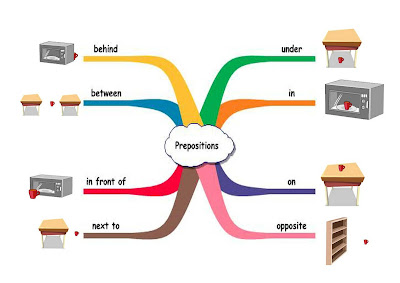-Expresar obligación - Expressing obligation
- MUST. ("Deber") - Indica una obligación fuerte, pero de tipo moral. Es una obligación que conlleva una elección personal
I must study hard for this exam.
You must read this book. It is so good.
-Es un verbo que no añade -s en 3ª persona del singular y que no necesita verbo auxiliar para negar o preguntar.
- MUSTN'T - Indica prohibición.
You mustn't smoke here
You mustn't step the grass
- HAVE TO - ("Tener que") - Indica una obligación que viene de una ley, una norma. Es una obligación ineludible
We have to wear masks at school
You have to be 18 to buy alcohol in Spain
-Have to sí se conjuga como un verbo normal y añade -s en 3ª persona de singular y necesita auxiliares para negar y preguntar.
- DON'T HAVE TO/DOESN'T HAVE TO. ("No tener que") - Indica que no hay obligación, ausencia de obligación.
I don't have to work today, it's Sunday.
I have tickets, she doesn't have to buy one.
Practica: must/have to, mustn't/don' have to
- Much / Many / A lot of.
- Much. Siempre va seguido de un nombre incontable y puede usarse en frases negativas y también en preguntas en combinación con HOW (HOW MUCH= cuánto)
I don't have much money
How much water is there in the bottle?
- Many. Siempre va seguido de un nombre contable y puede usarse en frases negativas y también en preguntas en combinación con HOW (HOW MANY = cuántos)
She doesn't have many friends
How many chairs are there in the class?
- A lot of. También significa "mucho/muchos" y sirve tanto para contables como incontables. Es el cuantificador más usado en frases afirmativas
I have a lot of books
They want a lot of sugar in their coffee
Practica con este ejercicio:
-Write MUCH/MANY/A LOT OF
- Mary likes ____________ salt in her food
- I usually write _________of emails everyday
- She doesn't have _________ food at home
- How ________ cars are there in the garage?
- Recuerda, por último, las preposiciones de lugar


